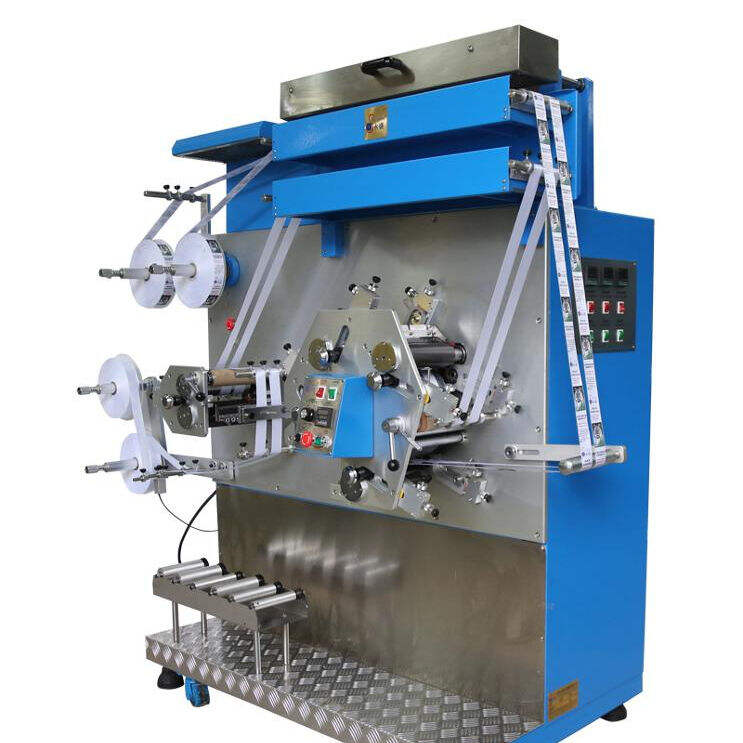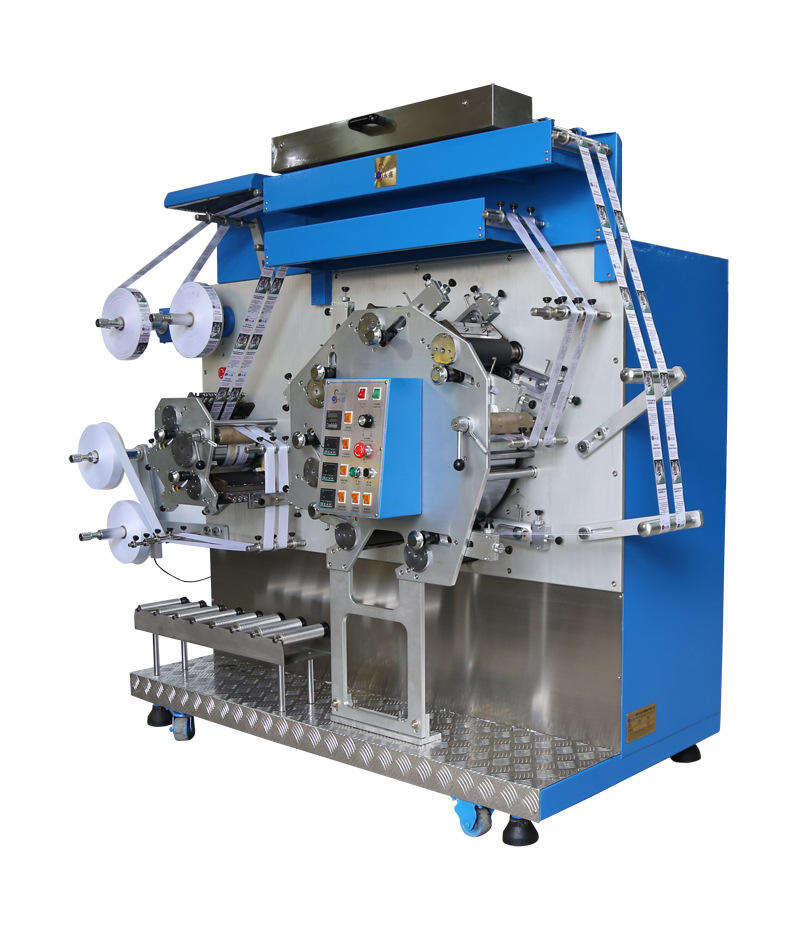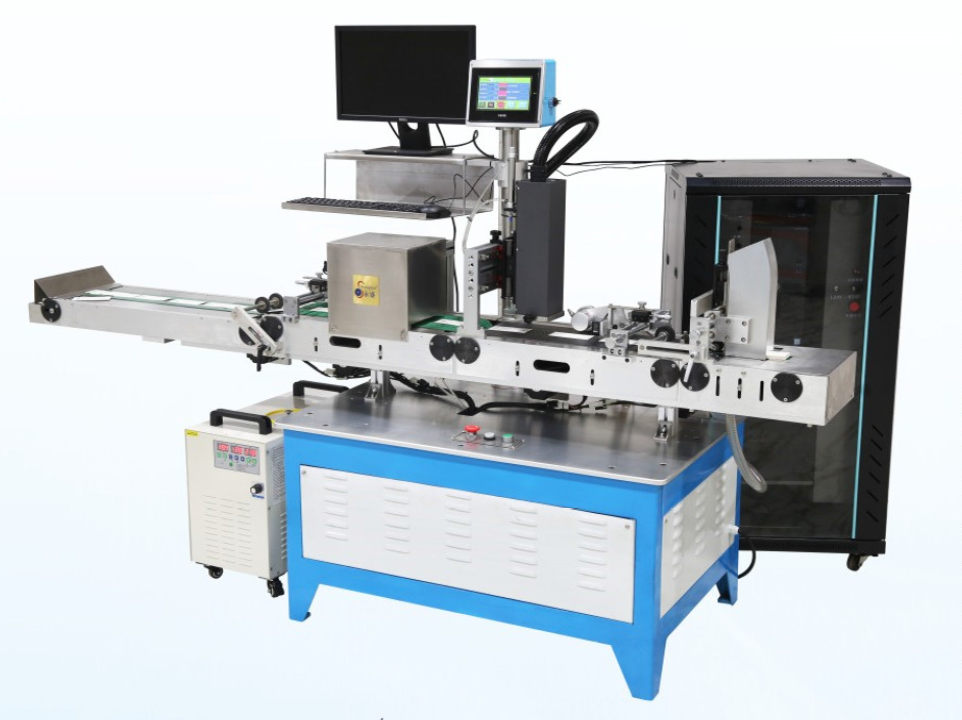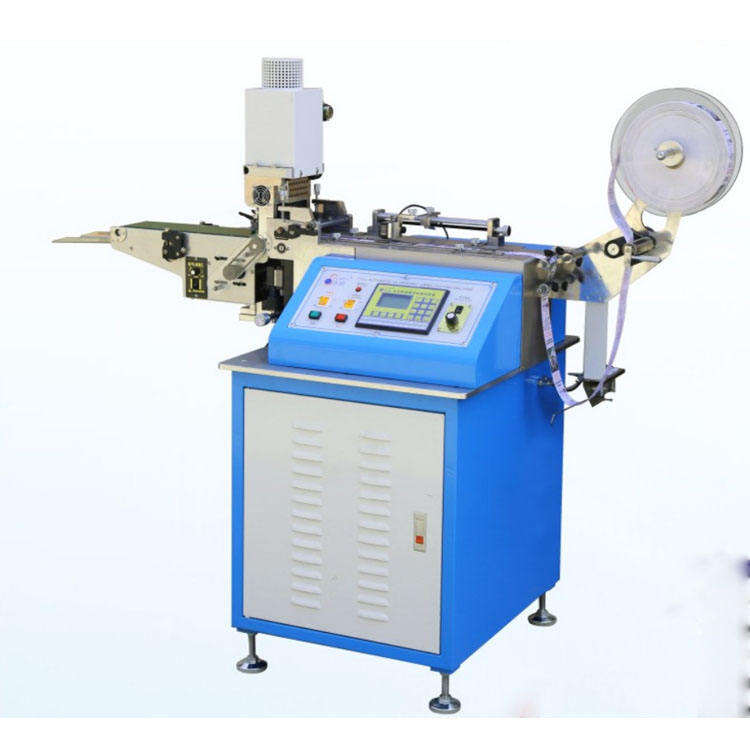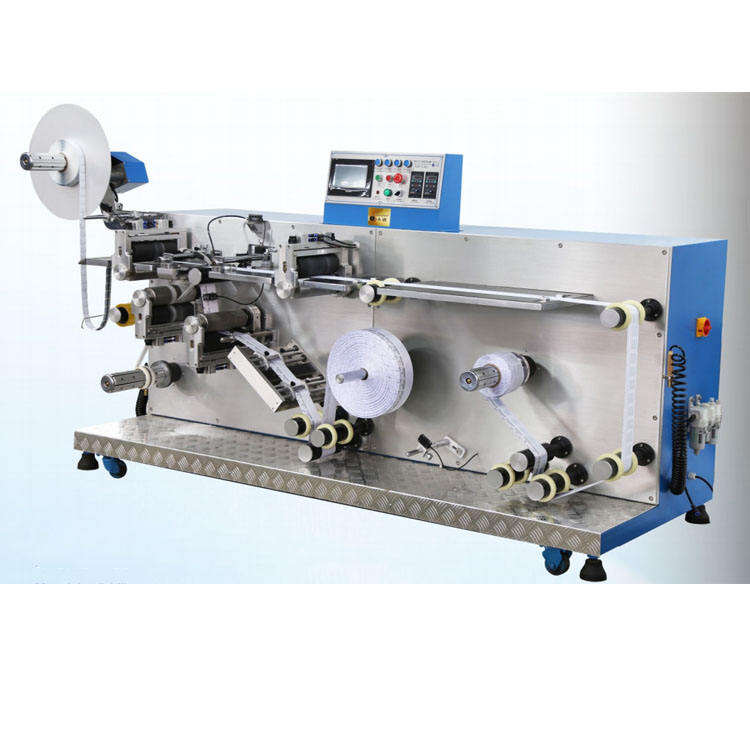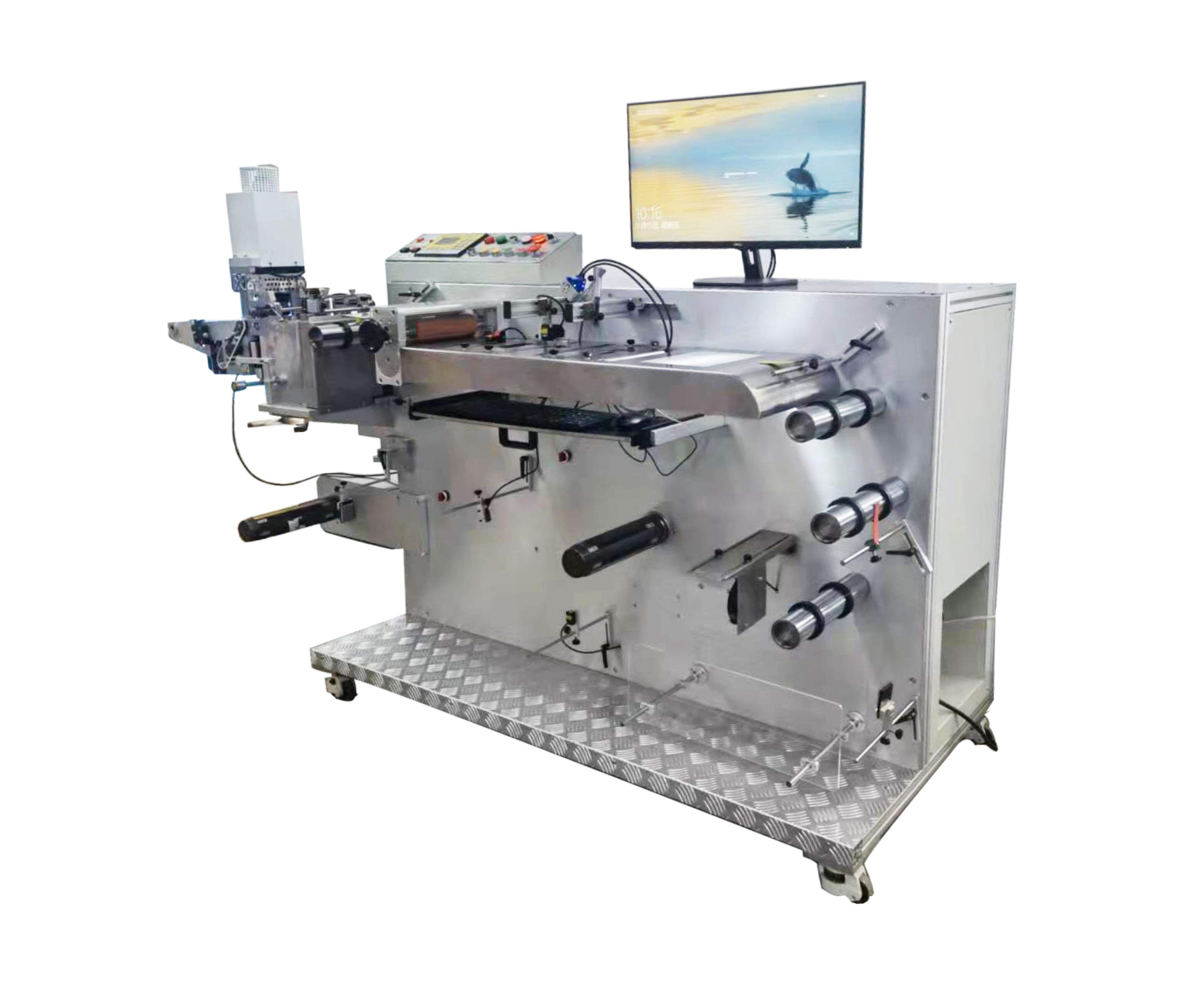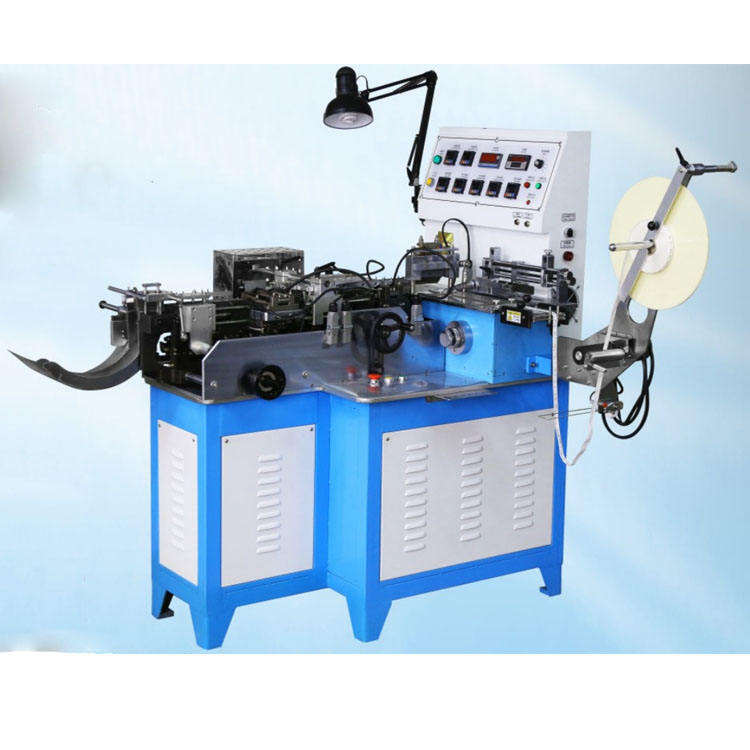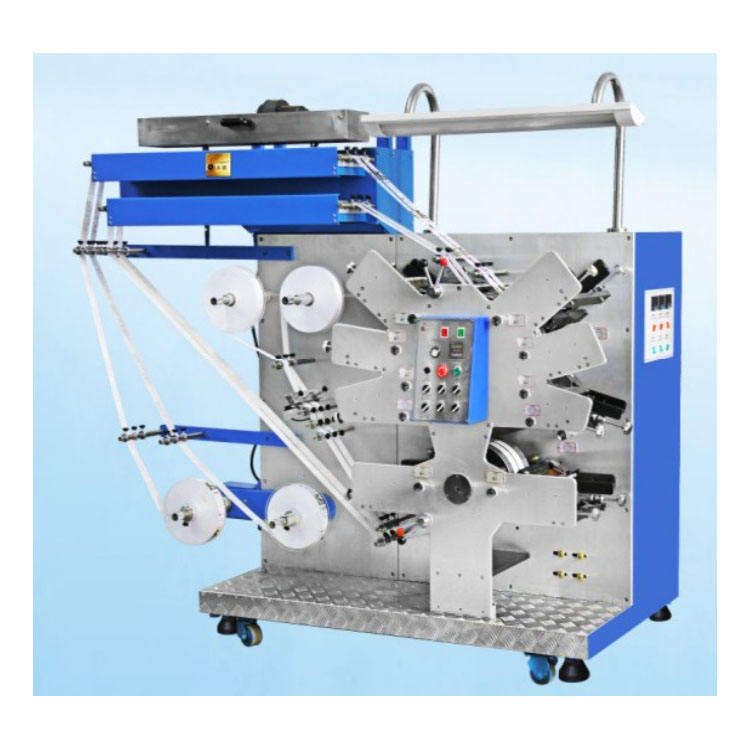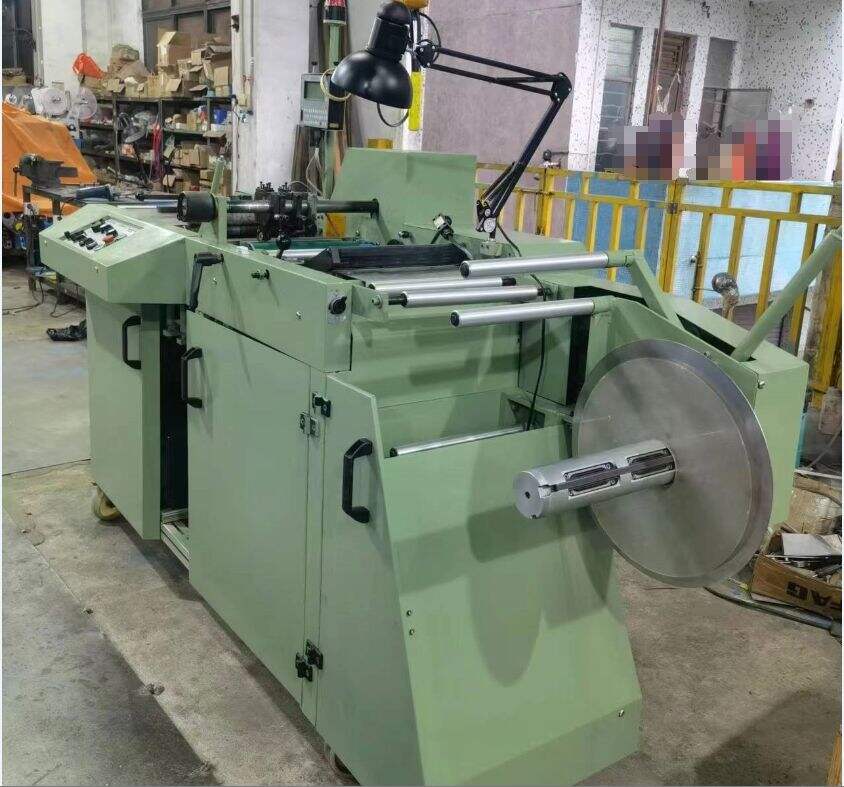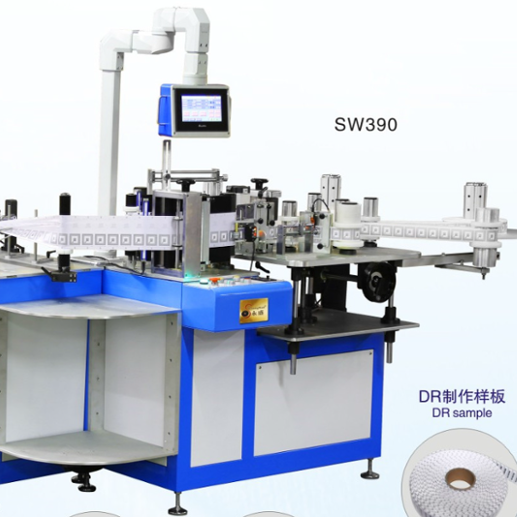小売およびサプライチェーンにおけるRFIDラベリング機の応用
自動化されたRFID技術を通じて現代のサプライチェーン業務を変革
高度なRFIDラベリングマシンシステムの導入により、小売業およびサプライチェーン管理の在り方が著しく変化しました。これらの高度な装置は、企業が在庫の流れを追跡・管理・最適化する方法に革新をもたらしました。企業が運用の効率性と正確さを追求する中で、RFIDラベリングマシンは物理的な製品とデジタル在庫管理を結びつける不可欠なツールとして注目されています。
統合された RFIDラベル付け機械 業務運用への導入は、従来のバーコードシステムから大きく前進した一歩です。これらの革新的な装置により、企業はRFIDタグをこれまでにない速度と精度でエンコード、印刷、検証することが可能となり、サプライチェーン内のすべての製品をリアルタイムで追跡および監視できるようになります。この技術の影響は単なる製品識別にとどまらず、在庫の最適化、損失防止、顧客体験の向上といった新たな可能性を開きます。
現代のRFIDラベリングシステムの要件
コアハードウェア要素
すべてのRFIDラベリング機械の中心には高度なハードウェアコンポーネントが配置されています。プリンタ機構には、ラベル表面に人間が読める情報を印刷しながら同時にRFIDタグにデータを書き込む高精度のRFIDエンコーダーが組み込まれています。高度なフィードシステムによりラベルの移動がスムーズになり、統合された検証モジュールが製品にタグを貼る前に正しくエンコードされていることを確認します。
アンテナシステムは、RFIDチップとの通信を確実にするために慎重に調整されており、符号化プロセスにおいて重要な役割を果たします。最新の機械には適応型電源制御システムが搭載されており、タグの種類や位置に応じて送信強度を調整することで、符号化成功率を最大限に維持しつつ周辺機器との干渉を最小限に抑えます。
ソフトウェア統合機能
RFIDラベリング機の真の能力は、そのソフトウェア統合機能を通じて発揮されます。最新のシステムには、企業基幹業務管理システム(ERP)、倉庫管理ソフトウェア(WMS)、その他のビジネスアプリケーションとシームレスに接続する高度なミドルウェアが搭載されています。このような統合により、自動データ同期、在庫のリアルタイム更新、高度な追跡分析が可能になります。
高度なソフトウェア機能には、さまざまなラベルデザインのためのテンプレート管理、自動エラー検出および修正、包括的なレポートツールが含まれます。これらの機能により、企業は複数の施設にわたって一貫したラベル基準を維持しつつ、貴重な運用インサイトを収集することが可能になります。
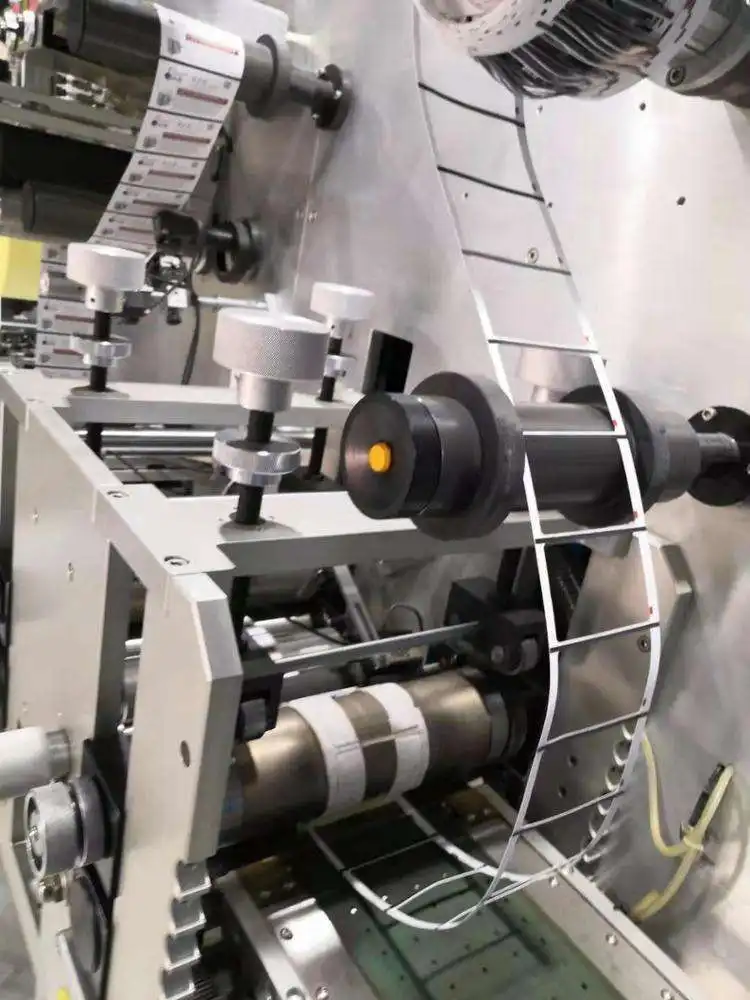
小売業における導入戦略
店舗レベルの運用改善
小売環境において、RFIDラベリング機器は高度な店舗運営の基盤として機能します。これらのシステムを入荷ドックに導入することにより、小売業者はすぐに到来貨物を検証し、在庫記録を自動的に更新できます。この即時検証プロセスにより、入荷時のエラーを大幅に削減し、売場への迅速な在庫配備を可能にします。
この技術は、自動サイクルカウントやリアルタイム在庫監視を通じて、在庫管理の改善も支援します。RFIDラベル機器を使用する小売業者は、在庫精度の劇的な改善を報告しており、精度が98%を超えることがよくあります。これに対して、従来の方法では通常65〜75%の精度にとどまっています。
カスタマーエクスペリエンスの最適化
現代の小売業者は、RFIDラベル機器を活用して、革新的なアプリケーションを通じてショッピング体験を向上させています。RFIDリーダーを備えたスマート試着室は、試着した商品を特定し、補完的な製品を提案することができます。RFID技術を使用したセルフチェックアウトシステムは、購入プロセスを加速し、待ち時間の短縮と顧客満足度の向上を実現します。
この技術によりシームレスなオムニチャネル運用が可能となり、顧客は各店舗での商品の在庫状況を確認でき、効率的なオンライン購入店頭受け取り(BOPIS)サービスをサポートします。RFIDラベル付き製品とデジタルシステムの統合により、よりスムーズで満足度の高いショッピング体験が実現されます。
サプライチェーン統合のメリット
倉庫管理効率
倉庫環境において、RFIDラベル貼付機は業務効率を大幅に向上させます。高速でエンコードおよびラベルを貼り付ける機能により、入出荷される貨物の処理速度が速まります。高度なシステムは複数のタグタイプやラベルフォーマットに対応でき、さまざまな商品カテゴリーや顧客の要件にも対応可能です。
自動検証プロセスにより、出荷前にすべてのラベルが正しくエンコードされていることを保証し、エラーや高額な配送ミスを削減します。倉庫管理システムとの統合により、在庫のリアルタイムな追跡と保管場所の最適な割り当てが可能になります。
流通ネットワークの最適化
流通ネットワーク全体を通じて、RFIDラベル貼付機は可視性と管理の向上に貢献します。この技術により、視認性が不要な状態でもパレット全体を自動スキャンできるため、荷降ろしや積み込み作業の迅速化が可能になります。リアルタイムでの追跡機能により、ルート計画の改善や配送確認プロセスの効率化が支援されます。
RFIDシステムを通じて収集されたデータは、ネットワーク最適化に関する貴重な洞察を提供します。企業はこれによりボトルネックを特定し、リソース配分を改善することができます。このようにして、配送予定の精度向上と顧客サービスの改善が実現されます。
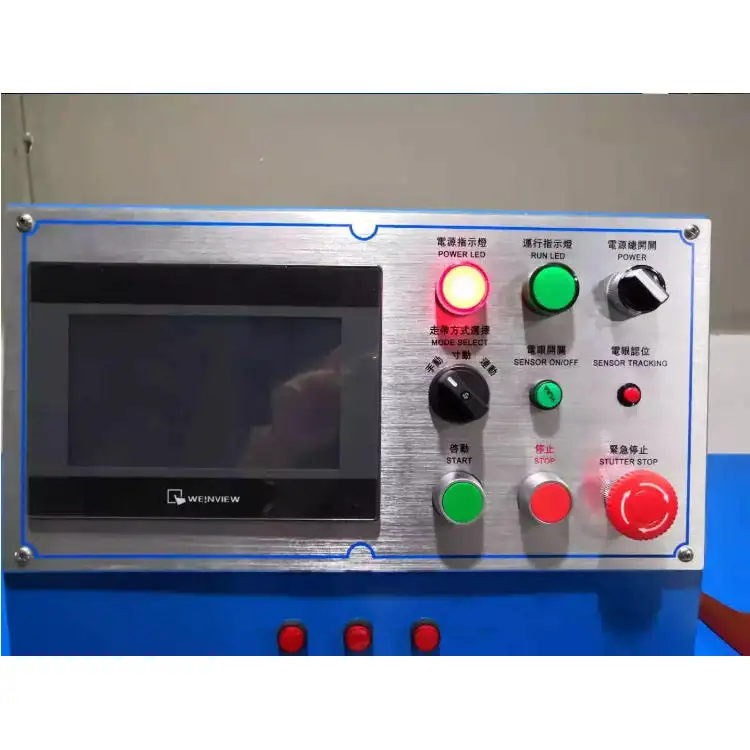
未来のトレンドと革新
新技術との統合
RFIDラベル貼付機の未来は、新興技術との統合にあります。人工知能(AI)や機械学習アルゴリズムが組み込まれることで、メンテナンスの必要性を予測したり、ラベル符号化パラメータを自動で最適化することが可能になります。IoT接続により、複数の拠点にまたがるラベリング作業の遠隔監視および管理が可能になります。
RFIDシステムが生成するデータからさらに価値を引き出すために、高度な分析機能が開発されています。これらの革新により、予測在庫管理やより高度なサプライチェーン最適化戦略が可能になります。
持続可能性の取り組み
RFIDラベル機器メーカーは、持続可能性への関心が高まっています。新技術には、省エネ型システム、リサイクル可能なタグ素材、ラベリングプロセスにおける廃棄物削減が含まれます。スマート電源管理機能により、アイドル状態時のエネルギー消費を最小限に抑えることができます。
この技術は、在庫の正確性を向上させることで過剰在庫の状況やそれに伴う廃棄物を削減することにより、持続可能性目標の達成も支援します。今後の発展には、生分解性RFIDタグや環境に配慮した製造方法の導入が想定されています。
よく 聞かれる 質問
RFIDラベル機と従来のラベルプリンターの違いはどのような点ですか?
RFIDラベリングマシンは、標準的な印刷機能とRFIDエンコード技術を組み合わせており、可視情報の印刷と同時に組み込み型RFIDチップへのデータ書き込みが可能です。また、タグの検証やエラー検出のための専用コンポーネントを備えており、高い生産速度を維持しながら信頼性のあるデータエンコードを実現します。
RFIDラベリングマシンのメンテナンス要件にはどのようなものがありますか?
定期的なメンテナンスには、プリントヘッドおよびフィード機構の清掃、RFIDエンコード部品のキャリブレーション、ソフトウェアのアップデートが含まれます。多くの最新システムには、生産に影響が出る前に潜在的な問題を操作者に通知する予知保全機能が搭載されており、ダウンタイムの最小化と機器寿命の延長をサポートします。
RFIDラベリングマシンを導入することで、企業はどの程度の投資収益率(ROI)が期待できますか?
初期投資コストはかなりかかる場合もありますが、在庫精度の向上、労務費の削減、損失防止の強化により、企業は通常12〜24か月以内に投資収益率(ROI)を得ることができます。その他の利点としては、処理時間の短縮、顧客満足度の向上、意思決定のための優れたデータ分析機能が挙げられます。
おすすめ製品
ホットニュース
-
知識の保存と普及における印刷機の文化的な重要性を反映する
2023-12-08
-
印刷機が世界経済における役割
2023-12-08
-
環境への影響:印刷産業の環境影響分析
2023-12-08
-
3Dプリンティングと産業復興
2023-12-08
-
印刷機の進化と影響
2023-12-08
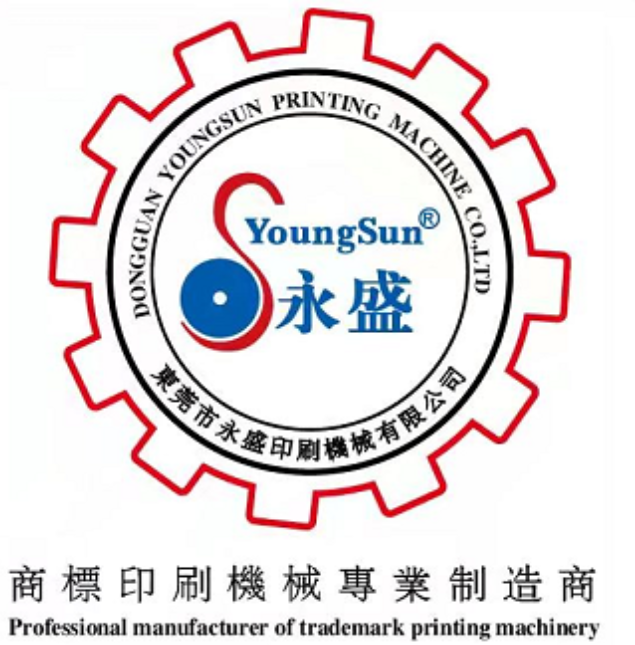
 EN
EN
 AR
AR
 CS
CS
 DA
DA
 NL
NL
 FI
FI
 FR
FR
 DE
DE
 EL
EL
 HI
HI
 IT
IT
 JA
JA
 KO
KO
 PL
PL
 PT
PT
 RO
RO
 RU
RU
 ES
ES
 SV
SV
 IW
IW
 ID
ID
 VI
VI
 SQ
SQ
 HU
HU
 MT
MT
 TH
TH
 TR
TR
 AF
AF
 GA
GA
 BN
BN
 BS
BS
 LO
LO
 LA
LA
 MI
MI
 MN
MN
 NE
NE
 MY
MY
 KK
KK
 UZ
UZ
 KY
KY
